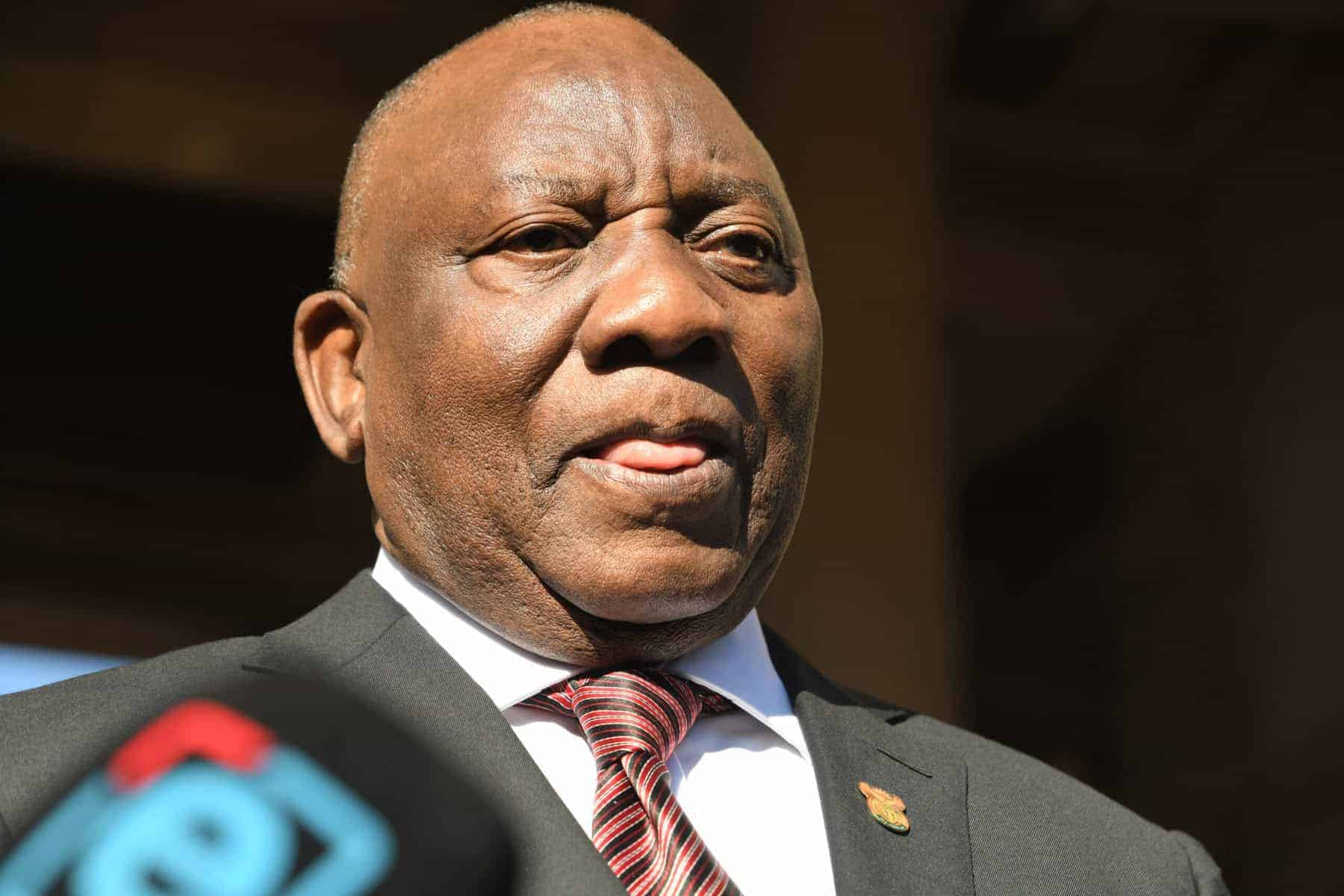In his State of the Nation Address, President “Pollyanna” Ramaphosa was effusive that the ANC’s “imaginative” economic reforms had “created a new sense of optimism.

In his State of the Nation Address, President “Pollyanna” Ramaphosa was effusive that the ANC’s “imaginative” economic reforms had “created a new sense of optimism and confidence”.
Eight months later, the trajectory is downhill. Last week brought a double hit on jobs. Non-agricultural employment fell by 80,000 in the second quarter and by 229,000 year-on-year.
Official unemployment rose by 0.3% to 33.2%. Business liquidations for the year have passed the 1 000 mark. We’re a country in free-fall, especially in our relationship with the US: punitive trade tariffs; asylum grants to South Africans; and an end to health aid.
Meanwhile, our Washington embassy is rudderless after the ANC-deployed ambassador was declared persona non grata, and the president’s special envoy has been frozen out amid controversy over the multinational he chairs.
Such failures have predictable consequences: when the state can’t deliver, society does. The “parallel state” dynamics we see in health, security and education now extend into parallel diplomacy.
ALSO READ: ‘Ramaphosa will go down in history as one of the most useless presidents’ – analyst
As official channels atrophy, citizens, organised business and community groups have moved to fill the gap left by Pretoria’s failure. A range of actors has stepped in: the DA and Freedom Front Plus; organised business – Sakeliga, Business Unity SA and Business Leadership SA – Afrikaner civic groups Solidarity and AfriForum; and the Western Cape government.
Prominent business voices have joined them, seeking to nudge the US towards solutions that don’t punish the country for the sins of a waning party. In open societies, such parallel diplomacy is welcomed by confident governments.
Not so the ANC, which treats it with hostility, branding critics “traitors”, to be silenced. Literally silenced. Andrew Whitfield, the DA’s deputy minister of trade, industry and competition, was fired for a DA trip to meet US officials and lawmakers.
Emma Powell, also on that visit, resigned as the DA’s international relations spokesperson, citing “harassment, threats, intimidation and illegal surveillance”.
Meanwhile, the Hawks have opened four “high treason” dockets over Solidarity and AfriForum’s Washington forays. The ANC would sooner let failing municipalities, hospitals, schools and entities collapse than accept a rescue not led by the party.
That logic keeps the public in the dark. Cue the cheerleading. The Sunday Times led with claims that a US trade deal is in its final stages; the next day, Business Day added that SA may benefit from a mooted one-year Agoa extension.
If true, wonderful. But we’ve been fed variants of this for months: feel-good lines short on specifics. What we don’t hear – least of all in parliament, where the DA should be, but isn’t, forcing a candid debate – is what the US is actually asking for.
We’ve learnt it via back-channels, not the government of national unity. The reported preconditions are neither onerous nor unthinkable: exempt US entities from B-BBEE requirements; entrench no expropriation without fair-market compensation; repudiate “Kill the Boer, kill the farmer” in any context; and classify farm attacks as a national priority crime.
No one expects the government to conduct diplomacy in public. But the current climate of secrecy chills the debate we ought to be having.
There is a middle way: paint the picture in broad strokes, without granular detail. None of this would torpedo behind-the-scenes negotiations.
On the contrary, by treating South Africans like adults, the ANC would foster the discussion needed to define SA’s real red lines.
Not merely those of a clique within a party that won roughly 39% of the vote and represents roughly only one-in-six of voting-age South Africans.
ALSO READ: Bosa, GOOD and Rise Mzanzi merge to form Unite for Change






